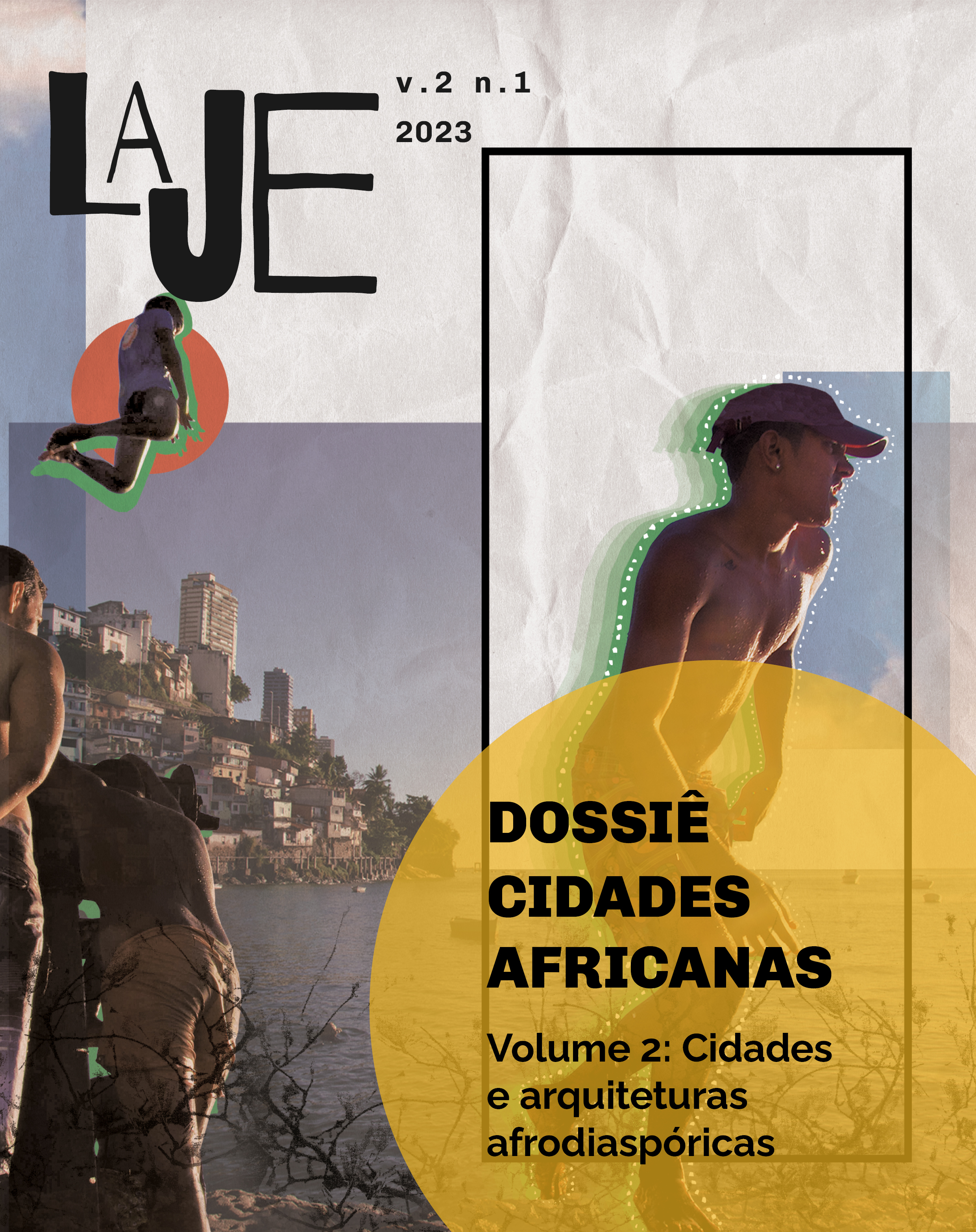City, gender and race relations.
Salvador, the right to the city and social movements
DOI:
https://doi.org/10.9771/lj.v2i0.55962Keywords:
Patriarchy, Racism, Capitalism, Inequalities, CityAbstract
Latin American and Caribbean cities and their colonial-slave-capitalist spatial organization maintain their historical and contemporary contradictions, but the various social agents in the city do not deal, with the necessary centrality and intersectionality, with racism, sexism and classism as the tripod of its structures, as proposed by various social movements from different political currents of the left. This chapter, in addition to the context of inequalities resulting from these structures, seeks to reflect on the experiences of social movements that emerged in contemporary capitalist societies of great economic, political, socio-racial, class, gender and generational inequalities, among others, and put on the agenda of societies-cities issues about these themes, especially urban social movements that brought popular neighborhoods and favelas to the political scene, where black women became protagonists in the struggles for the rights to the city. These issues, however, still occur in a fragmented way, without a city-society project that questions and combats the base of the racist, sexist, classist social structure. Despite the growth of black, popular and indigenous women’s movements, which have contributed to questions within social movements and social sciences, studies impregnated with Eurocentrism and non-existent or disintegrated public policies to confront all dimensions of domination have not centrality. Through Salvador, as the most culturally and demographically black city, the blackest in the African diaspora, we will reflect on its socio-historical profile and its anti-slavery-colonialist struggles and contemporary urban struggles where black women have always played an important role. In addition, we will analyze the socio-racial


